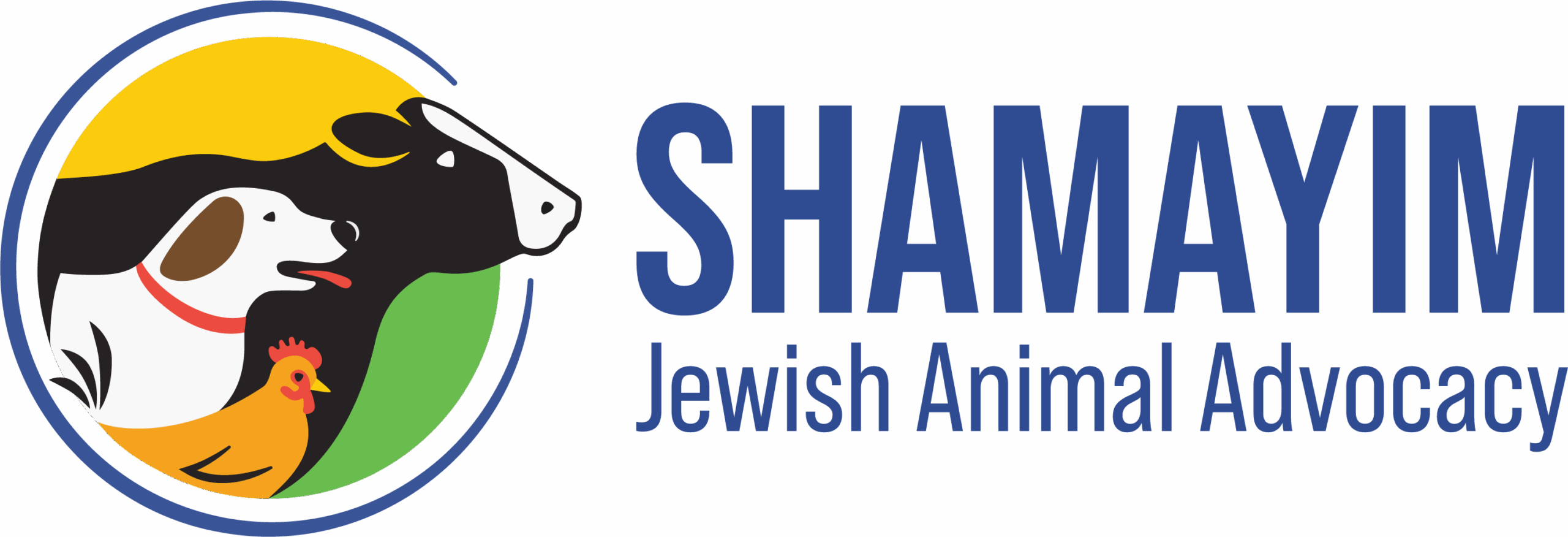By Rabbi Shmuly Yanklowitz
Purim is one of the most celebratory and spirited holidays in the Jewish calendar. Rooted in the Book of Esther, it commemorates the salvation of the Jewish people from Haman’s plot to annihilate them in the ancient Persian Empire. The story centers on Queen Esther, who courageously reveals her hidden Jewish identity to King Ahasuerus, thwarting Haman’s genocidal plans.
The themes of Purim are layered and profound: the power of hidden truths, the reversal of fortune, and the courage to stand up for justice. It’s a holiday filled with costumes, feasting, and mishloach manot – the giving of food baskets to friends and neighbors. However, beyond the masks and celebrations lies an opportunity to reflect on the concept of illusion. Just as Purim asks us to uncover hidden truths, it also invites us to look at the veiled realities in our lives. What if we applied this principle to the food we eat?
This theme of unmasking feels especially relevant today with the factory farming industry- a system built on concealment and misrepresentation. Like the masks and costumes we wear on Purim, slick marketing and cheerful packaging often obscure the cruel reality associated with the meat and dairy industries. But just as Esther unveiled the truth to bring about justice, we too can lift the veil on these hidden practices – and perhaps, rethink what’s on our plates.
Behind the Mask of Factory Farming
The idyllic imagery often seen on food packaging – cows grazing in green pastures, chickens roaming free- is designed to make us feel good about our choices. Yet, this marketing is often far removed from the reality of factory farming. Much like Haman wanted to massacre the Jews, humans around the world are responsible for the massacre of over 80 billion, and the imprisonment of over 90 billion, land animals each year, ‘farmed’ for their meat, dairy, and eggs. In the United States alone, about 9 billion animals are raised and killed annually for food. This includes 9 million dairy cows and over 380 million egg-laying hens. Sadly, animals killed for kosher meat are raised in similar conditions.
These numbers are staggering, but they only tell part of the story. In an effort to maximize efficiency and profits, farmers subject these animals to horrifying conditions. Chickens raised for eggs, for instance, are often confined in cages so small that they cannot spread their wings. Factory farms allocate less space for each bird than a standard sheet of paper. Male chicks, considered “waste” by the industry because they cannot lay eggs or grow fast enough for meat, are culled shortly after hatching- often by being ground alive. This practice kills around 250 million male chicks each year in the United States alone.
Similarly, farmers subject dairy cows to continuous cycles of forced artificial impregnation and milking. Their calves are often taken from them within hours of birth, causing immense distress for both mother and child due to the strong maternal instinct present in all mammals. In order to extract the sperm needed to impregnate the cows, male cows are electrically shocked by anal probes. These practices are largely hidden from public view, shielded by cheerful packaging and marketing campaigns that emphasize a complete distortion of the truth. There is a trending false assumption that “grass-fed” cows are treated better, when in reality most grass-fed cows are still kept indoors their entire lives or are only allowed outdoor access for a small part of their lives.
As unsettling as these statistics are, it is the cruel reality of our world, a truth that Purim challenges us to reflect on and confront. Like Esther, we have the power to make a difference, even in small ways. Just as her courage brought salvation, so too can choosing to incorporate a plant-based lifestyle be an act of bravery and justice.
Veganism isn’t just a personal lifestyle change- it’s a way to take a stand against a system designed to hide its worst realities. By rejecting the systems that exploit animals, we align our choices with our values.
Recipes for a Plant-Based Purim
This Purim, as we celebrate Esther’s bravery, let’s also honor her legacy by embracing compassion in our own lives – starting with what’s on our plates. Going plant-based this Purim is more than just a symbolic gesture- it’s a chance to create real change, one meal at a time. There’s no shortage of delicious ways to celebrate this special holiday with a vegan twist!

Vegan Hamantaschen: These triangular pastries can be made using plant-based butter or coconut oil. Fill them with fruit preserves, chocolate, or poppy seeds for a cruelty-free treat. Link to Recipe.
Esther’s Lentil Stew: Inspired by Queen Esther’s plant-based diet in the Purim story, this hearty stew combines lentils, vegetables, and spices for a delicious main dish. Link to Recipe.
Vegan Challah: Perfect for your Purim feast, this egg-free challah is soft, fluffy, and beautifully braided. Link to recipe.
Dairy-Free Chocolate Purim Bark: A simple and festive dessert combining vegan chocolate, nuts, dried fruits, and colorful sprinkles. Link to Recipe.
Plant-Based Stuffed Cabbage Rolls: A savory and satisfying main course filled with rice, lentils, or mushrooms, topped with a tangy tomato sauce. Link to Recipe.
Purim’s True Spirit
Whether it’s through the food we serve at our Purim meals, the mishloach manot we share with friends, or the conversations we have about the impact of our choices, each action contributes to creating a kinder, more sustainable world. This Purim, let’s not only unmask the hidden truths in our world but also take steps to address them. By aligning our values with our actions, we can honor the legacy of Esther and Mordecai while paving the way for a more compassionate future. Together, we can bring a little more justice, kindness, and Shamayim down to earth.
Rabbi Dr. Shmuly Yanklowitz is the Founder & President of Shamayim: Jewish Animal Advocacy which is building the Jewish Vegan movement.
Top image: Purim mask (Credit: Sharon G. via Flickr / CC BY-NC-ND 2.0)


Leave a Reply